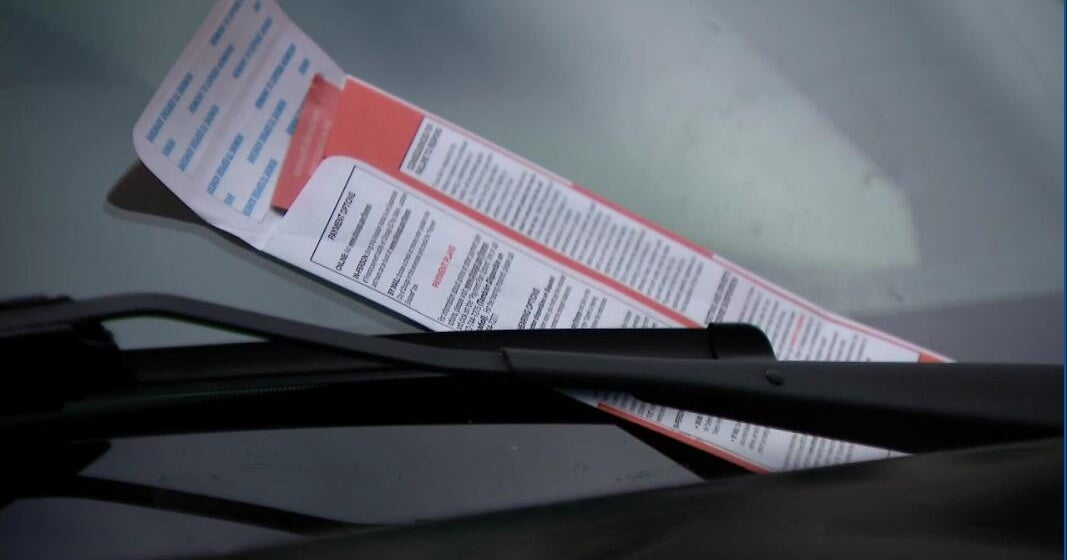Vonage to pay customers $100 million for not letting them quit
Vonage will pay $100 million to settle claims it trapped customers in unwanted accounts by forcing people to call to cancel, keeping them on hold for hours and charging hundreds of dollars to end service, government regulators said Thursday.
The New Jersey-based company, which provides internet-based phone services, made it easy for customers to sign up for accounts online but difficult to leave, according to a Federal Trade Commission complaint.
Starting in 2017, Vonage took an online cancellation link off its website to make it harder for customers to leave, the agency said. The company forced people who wanted to cancel to call a special number, which was different from its main customer service phone number and only available during limited hours. Customers were often dropped, forced to wait on hold for long periods of time and sometimes ignored, according to the complaint. Those who reached an agent also were often pressed to keep the service, the FTC alleged.
"[F]or any customers who, at long last, manage[d] to reach the retention department, endure the hold time, speak to an agent and request cancellation, they are subjected to aggressive sales pitches intended to prevent them from closing their accounts," the complaint said. "Vonage's retention agents are required to ask multiple 'probing questions,' present at least two alternative offers, and overcome customer resistance to offers presented, and agents who fail to engage in these retention efforts are penalized and disciplined."
"Endless loop"
Business customers were forced to go through these cancellation procedures twice, and often had to pay early termination fees to end their contracts, the FTC said. That has led to "hundreds" of customer gripes over the years, according to the agency, with customers describing the process as an "endless loop," "ridiculous," "fraud and robbery" and "a scam."
Vonage, which did not admit nor deny wrongdoing as part of the settlement, agreed to refund $100 million to customers and create a simple and transparent cancellation option, according to a consent order that is awaiting approval from a judge.
In a statement, a company spokesperson said that "Vonage agreed to resolve this matter and is compliant with the requirements set forth in the settlement. The Company felt it was in the best interests of our customers, partners and employees to come to a settlement, so we can focus on creating technology solutions that help people and businesses communicate, connect and engage from anywhere."
Swedish telecom company Ericsson bought Vonage last year for $6.2 billion.
In 2009, Vonage paid $3 million to settle a 32-state lawsuit in which it was accused of tacking on fees and continuing to charge people even after they canceled services.
Getting a hard sell when trying to cancel a service is nothing new for American consumers. Examples range from impossible-to-cancel news subscriptions to video-game streaming services that bill automatically to cable service with cancellation fees. However, these coercive sales tactics have proliferated as digital spending has become more common and automated.
The FTC is now taking aim at these so-called dark patterns — "illegal hurdles, detours, roadblocks, and ruses" that manipulate customers into buying or keeping something they don't want. The agency issued a report last month detailing techniques it considers deceptive along with suggestions to keep marketers honest.



